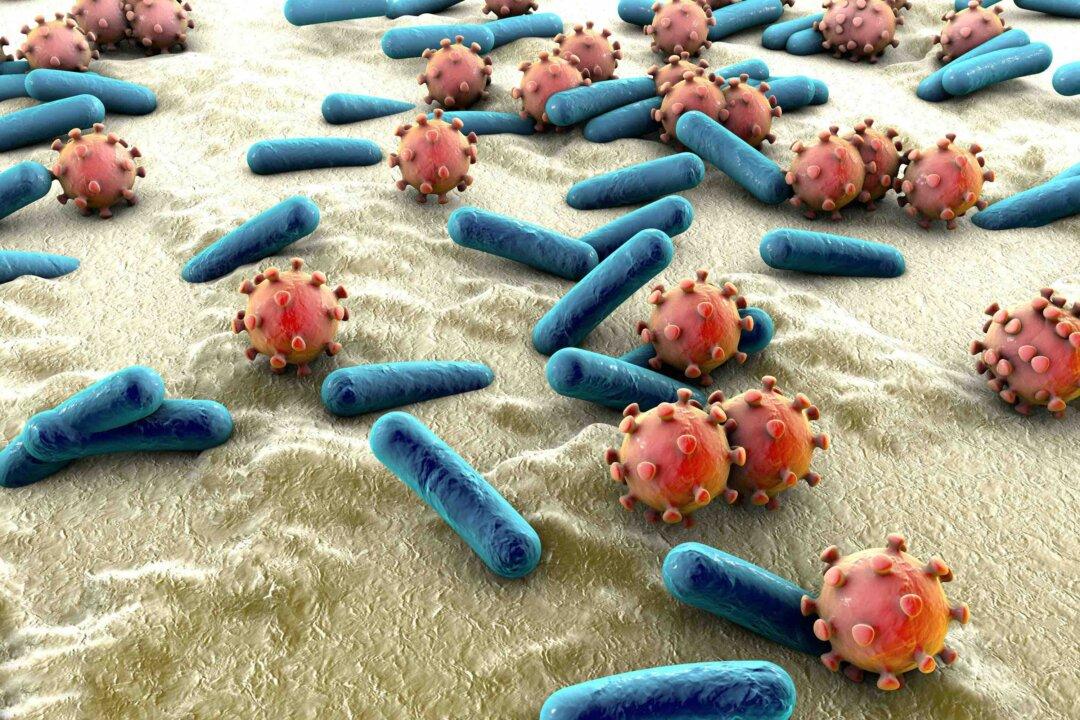Bacteria that can’t be killed with antibiotics are a growing problem around the world. These cause serious infections in hospitals and other health care settings.
Scientists have been looking for new ways to kill drug-resistant bacteria. One idea has been to use bacteriophages, also called phages. Phages are viruses that infect bacteria but are harmless to people.





